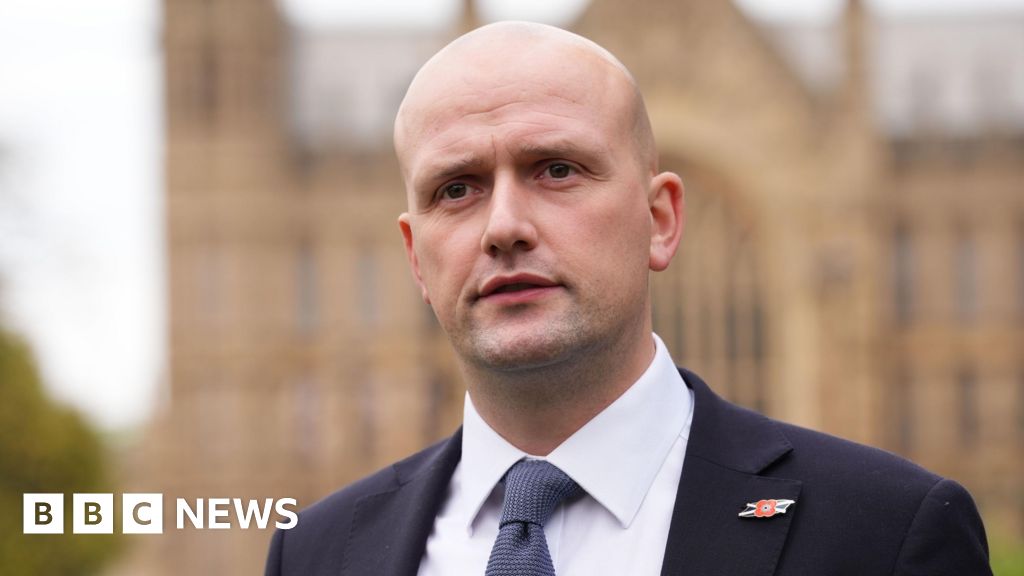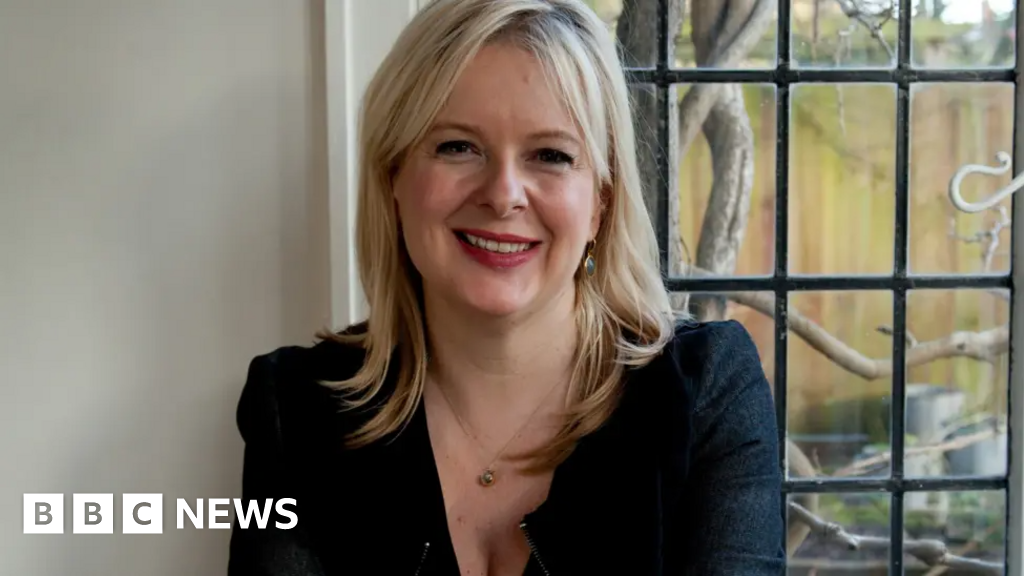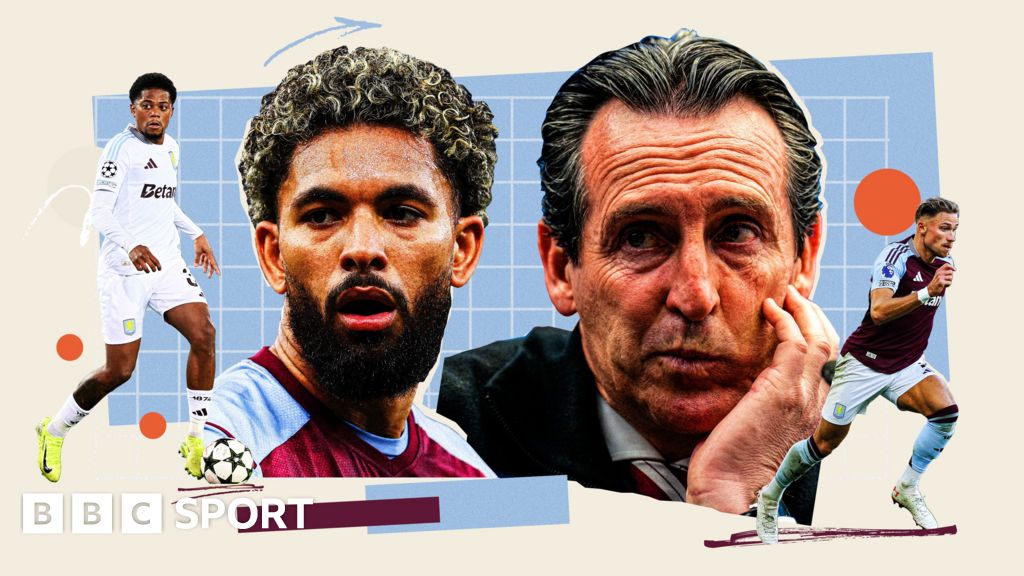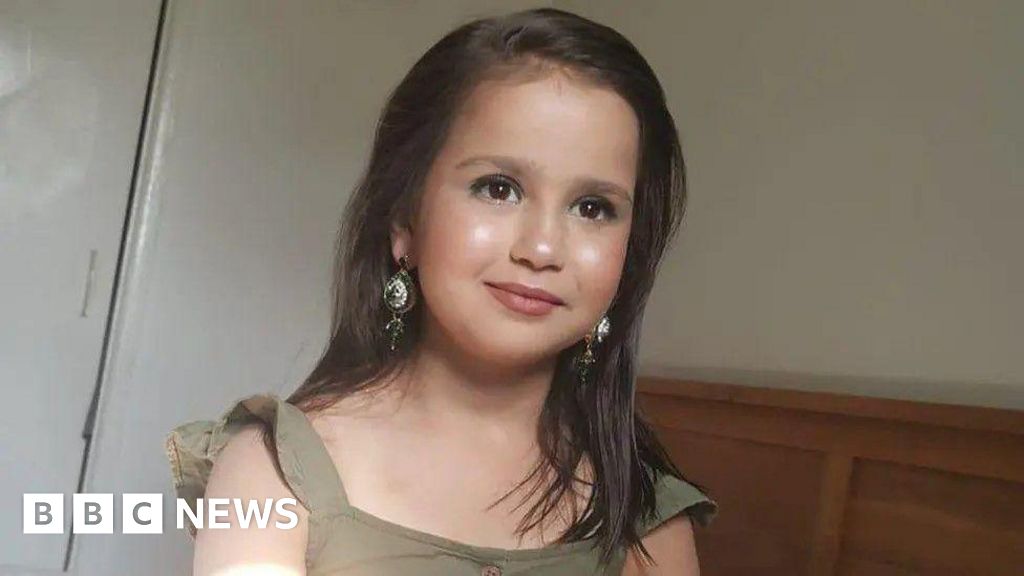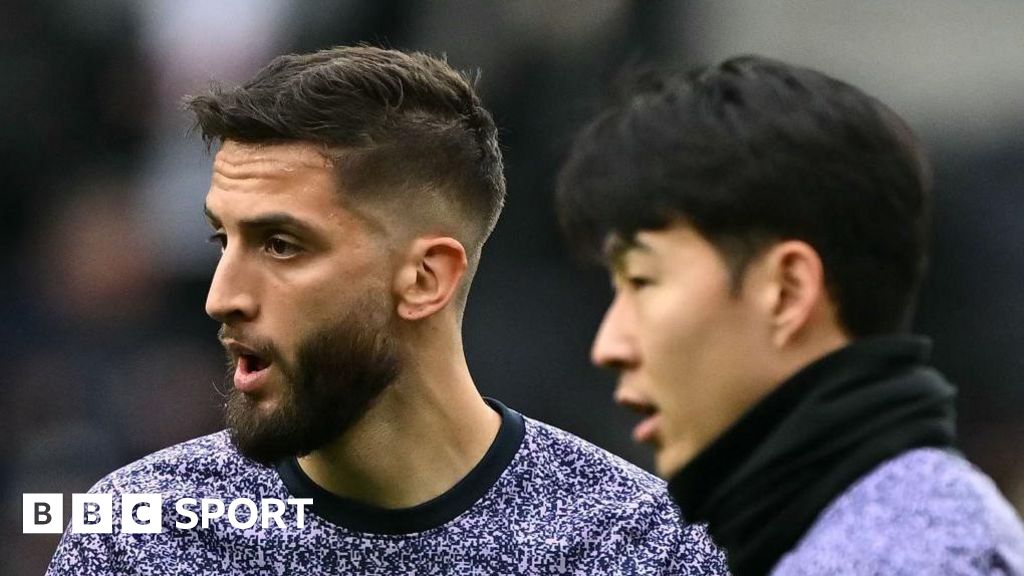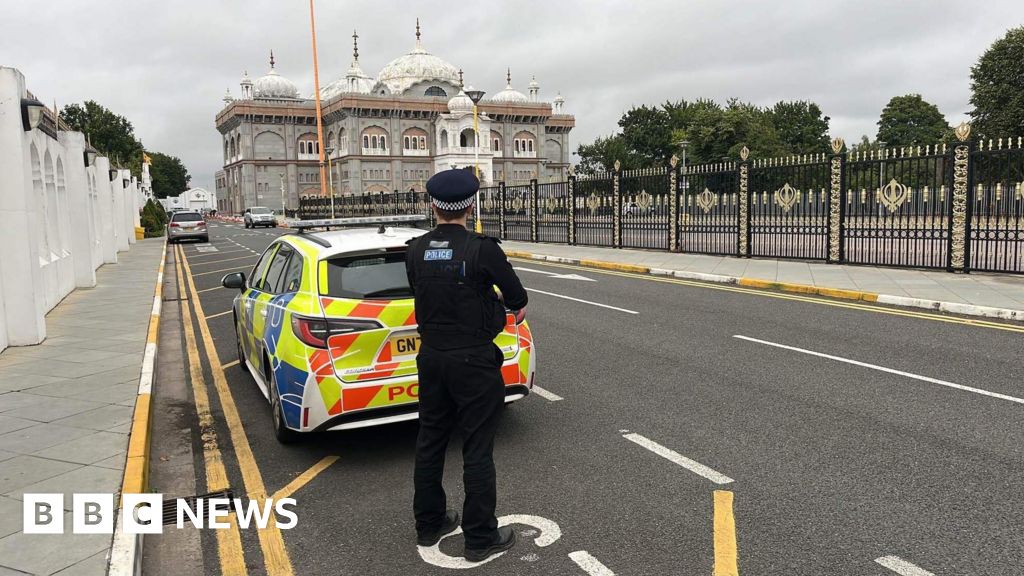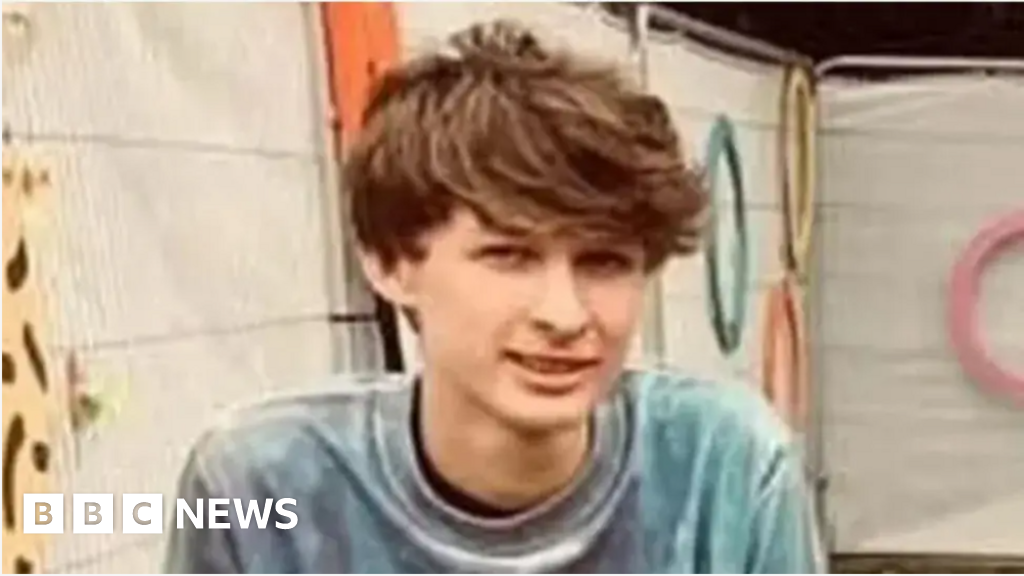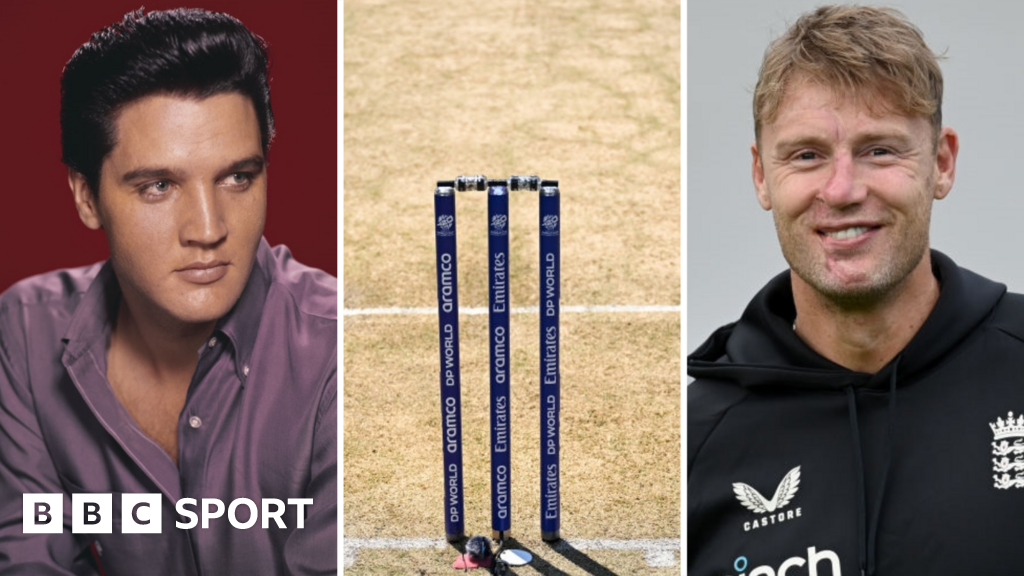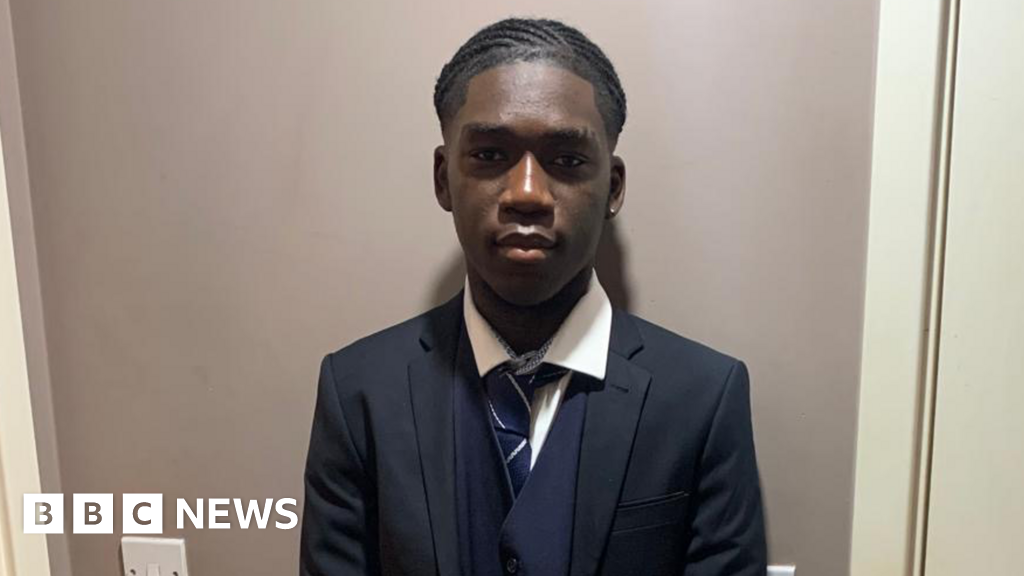
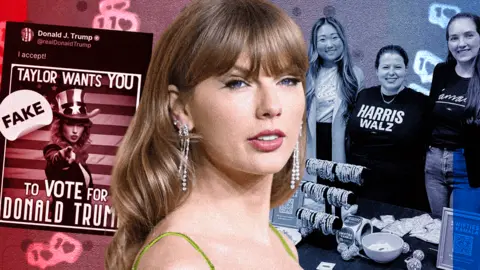 BBC
BBC
Noel Drake, a 29-year-old who lives in Utah, said she felt “very bleak” about politics before this year.
During the 2020 presidential election, she felt disillusioned entirely.
But Taylor Swift – and her fans – helped change her mind, she told me.
“With this sense of community that I have established through interacting with other Swifties online, it has really changed the way I interact with politics this election cycle,” she said.
After Swift endorsed Democratic nominee Kamala Harris a month ago, Ms Drake started following a fan-led campaign group called “Swifties for Kamala". The group is not officially affiliated with the Harris campaign, but does keep in regular touch with campaign staff.
Since interacting with other like-minded Swifties, Ms Drake has decided to get more involved in local campaigning in her home state.
The BBC has tracked down dozens of voters like Ms Drake, who say posts from Swift and her mega fans on social media have motivated them to go out and vote, or get involved in activism. But just because you’re a fan of Swift doesn’t mean you’re going to vote like her, I learned.
For the latest episode of BBC Radio 4’s Why Do You Hate Me USA, I’ve been investigating how one pop-inclined meme enthusiast Irene Kim - the co-founder of Swifties for Kamala - found herself transformed from superfan to political strategist. Have any of the tactics used by her and her fellow activists actually worked?
Over the past month, I’ve messaged several accounts who like and comment on the Swifties for Kamala posts.
Although some people were already Democrat supporters, others weren’t so sure.
Take 27-year-old Destiny from South Carolina, who doesn’t want to share her surname. She said both her and her boyfriend are “not that political,” but that the Swifties for Kamala posts have helped support her reasoning for voting for the Democrats this election.
“I really want a woman president who has similar values to me. This is my first election that has pushed me to vote for this reason,” she said.
Even her boyfriend, whom she described as “moderately conservative”, has been swayed to vote for Harris, and she said it was in part inspired by her lobbying based on some Swifties for Kamala posts.

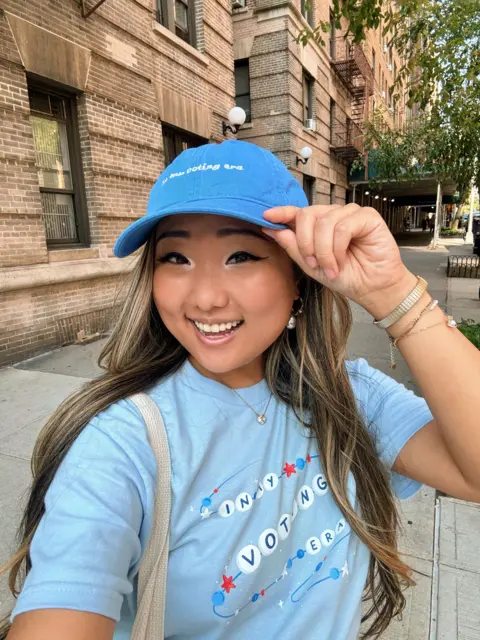 Irene Kim
Irene Kim
Irene Kim is the co-founder of "Swifties for Kamala"
Part of the appeal of a celebrity endorsement – and the political content generated by their fandoms – is that unlike paid-for adverts, this kind of user-generated content feels genuine.
A study from Harvard Kennedy School that looked at the impact of celebrities when it comes to voter registration found their “authenticity” can be key when motivating people to go out and vote.
Its author, Ashley Spillane, told the BBC celebrities are among the “most well-positioned members of society” when it comes to dealing with causes of voter apathy, such as “lack of information, lack of trust and lack of motivation”.
“People know them from places outside of politics, which makes their involvement feel deeper and less self-interested,” she said. Within 24 hours of Swift’s Harris endorsement on Instagram, nearly 340,000 people had visited vote.gov, a registration website, using a custom link she created.
While Harris has enjoyed endorsements from Swift, Beyonce and some other big-name celebrities, Trump is not without his fans either. Endorsements from Kid Rock, Elon Musk, John Voight and YouTubers the Nelk Boys may help him reach young men in the same way that Swift's endorsement has boosted Harris's profile with young women. Trump’s own committed supporters online also operate a bit like a fandom.
Endorsements can backfire, however, polls show. A Quinnipiac University poll from late September found that Swift’s endorsement of Harris made 9% of respondents “more enthusiastic” about her candidacy, while it made 13% “less enthusiastic”. It also looked at how Musk’s endorsement affected respondents’ views of Trump - 13% felt more enthusiastic, while 21% felt less. Ultimately, we won’t know exactly what impact celebrities - and their fandoms - will have on this election until after November.
In what looks to be a very closely fought election, it’s these groups of online supporters who could motivate voters to head to the polls – especially in swing states where the winner may be decided by just thousands of votes.
Ms Kim, the co-founder of Swifties for Kamala, told me the group is targeting people in swing states especially.
Peggy Rowe is in Arizona, one of the most closely watched states in the election. She told me it was Harris’s support for abortion rights that strengthened her to support for the vice-president.
“I’m very passionate about reproductive rights and social media has further confirmed my opinions,” she said.
While they're employing all the traditional political campaign methods, Swifties for Kamala has put a fan-specific twist on their efforts. Whenever they're at events, they give out friendship bracelets featuring political slogans like “in my voting era”. It's a nod to Swift's Eras tour, where fans have been trading Swift-themed friendship bracelets as a sign of being a true fan.
Ms Kim said they’d begun face-to-face campaigning a few weeks ago, and have been calling and texting followers directly. They aim to have 22 million direct voter contacts in total by Election Day.
The Swifties for Kamala group has raised over $200,000 (£153,000) for Harris's campaign, as of the middle of October, she estimated.


There are some Swift fans, though, who have not been swayed. I’ve spotted comments from several Republican and Trump supporters who have chosen their preferred politician over their allegiance to their favourite pop star, and sent dozens of them messages too.
Bri, who lives in Massachusetts, says she chooses to vote Republican still because “at the end of the day people need to do what’s best for them”.
She told me she thinks Swift has such a devoted fan base, she should stay out of politics to be fair to all sides.
Taylor Swift is “entitled to her own opinion,” she said, but:
“She is the only celebrity who has that amount of pull that she shouldn’t mention politics during an election year."
And although he didn’t get her endorsement, Donald Trump supporters did try and harness Swift’s fan electoral power, by making an AI-generated meme of Swift endorsing the former president. In fact, it was Trump sharing the meme on social media that prompted Swift to endorse Harris in the first place.
Bri said she would “never not like someone over their political beliefs” - including the fans who are part of Swifties for Kamala. But that doesn't mean all online conversations are friendly.
Ms Kim told me that getting into heated online arguments is a bit of a “rite of passage” for Swift's fandom. But the Swifties for Kamala campaign group now has guidelines to stop this happening, in part because they want to win over voters who don’t share the same views.
“I think it’s always good to try to bridge the gap,” she said.
Fandom Frenzies: Who’s afraid of little old us? is available to listen to on BBC Sounds now

 1 month ago
11
1 month ago
11
